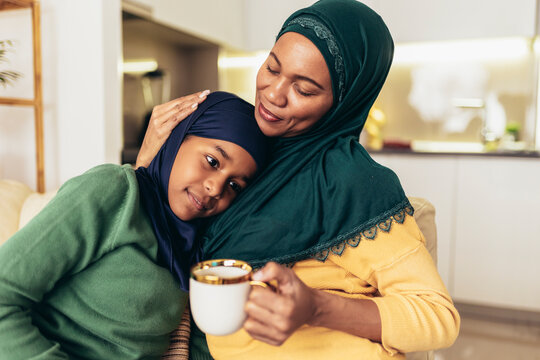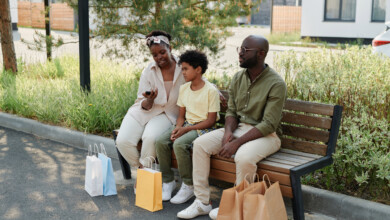The beauty of being a human parent: why your imperfections are a gift

By Janat Yahaya Naggolola
Have you ever wondered what kids think of adults? To them, we may seem like giants—beings with the power to make their world a magical haven or, sadly, a difficult place. As parents, it’s tempting to believe we must live up to this image and strive to be superheroes for our children. After all, isn’t it our job to provide, protect, and guide?
But here’s a truth that might surprise you: you don’t need to be a superhero to be a great parent. In fact, embracing your humanity—imperfections, struggles, and all—might be the most meaningful gift you can give your child.
By being unapologetically human, you teach your children some of life’s most valuable lessons: how to bounce back from setbacks, show empathy, and find beauty in imperfection. You help them see that strength doesn’t mean never falling—it means getting up again with grace and determination.
So, how do you embrace being a “human” parent? Here are five practical tips to guide you:
Be honest about your feelings
Children are incredibly perceptive. They pick up on your emotions, even if you try to hide them. By openly sharing your feelings in age-appropriate ways, you model authenticity and emotional intelligence.
For example, it’s okay to say, “I’m feeling tired today,” or, “I made a mistake, and I feel frustrated about it.” When your child sees you navigating your emotions openly, they learn that it’s okay to have feelings—and that it’s normal to process and express them.
This openness also creates a safe space for your child to share their own emotions, building trust and deeper connections.

Set boundaries
Parenting often comes with the unrealistic expectation that we should always be available for our children. But the truth is, you can’t pour from an empty cup. Setting boundaries around your time, energy, and emotional availability isn’t just good for you—it’s essential for your children, too.
By prioritizing your needs without guilt, you model self-respect and teach your children the importance of taking care of themselves. It’s okay to say, “I need 15 minutes to myself before we start playing,” or, “Tonight is a special time for me to recharge.”
When you honour your boundaries, you show your children that they, too, can advocate for their own well-being in the future.
Model self-compassion
We all make mistakes. Sometimes, you might yell when you didn’t mean to, forget an important event, or feel overwhelmed by the demands of parenting. Instead of beating yourself up, practice speaking kindly to yourself.
Saying things like, “I’m learning, and that’s okay,” or, “I can try again tomorrow,” sets an example for your child. They’ll see that it’s possible to be kind to themselves even when things don’t go perfectly.
This lesson is invaluable. By modelling self-compassion, you’re equipping your child with a powerful tool to navigate their own challenges with resilience and grace.
4. Apologize when needed

Admitting when you’re wrong doesn’t diminish your authority as a parent—in fact, it strengthens your bond with your child. Saying, “I’m sorry I overreacted earlier,” shows humility and teaches your child the importance of accountability in relationships.
When children see that even adults make mistakes and work to fix them, they learn that perfection isn’t required for love and respect. They also feel more secure knowing that their own mistakes won’t jeopardize their connection with you.
5. Celebrate small wins
Parenting is not about achieving perfection—it is about progress. On the toughest days, it iseasy to focus on what went wrong, but taking a moment to celebrate the small victories can shift your perspective.
Did you share a laugh with your child over breakfast? Did you take a moment to really listen to them talk about their day? These seemingly small moments are the building blocks of strong relationships and a happy home.
Embracing humanity: A lifelong lesson
Your children do not need a superhero. They need you—with all your quirks, imperfections, and heart. By embracing your humanness, you teach them some of life’s most important lessons:
Parenting as a human, not a superhero, also frees you from the weight of impossible expectations. It allows you to build a home filled with authenticity, love, and acceptance—not just for your children but for yourself as well.
Final thoughts
So, take a deep breath and let go of the pressure to be a superhero. Show up for your children as the wonderfully flawed, deeply caring human you are. In doing so, you will not only build a stronger bond with them but also inspire them to embrace their own humanity.Because at the end of the day, what kids need most is not a perfect parent. They need a real one.







